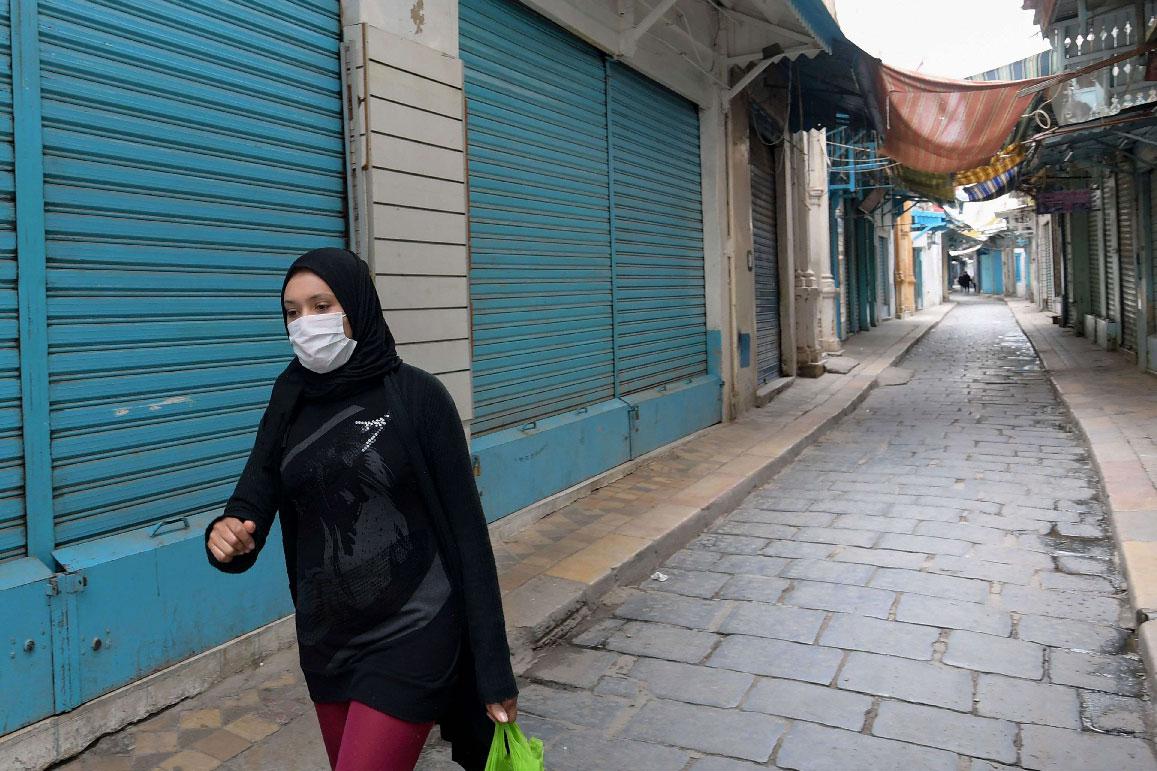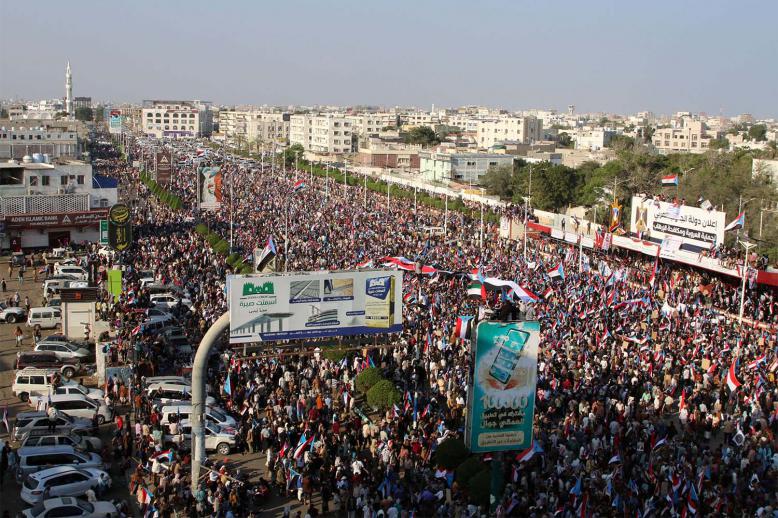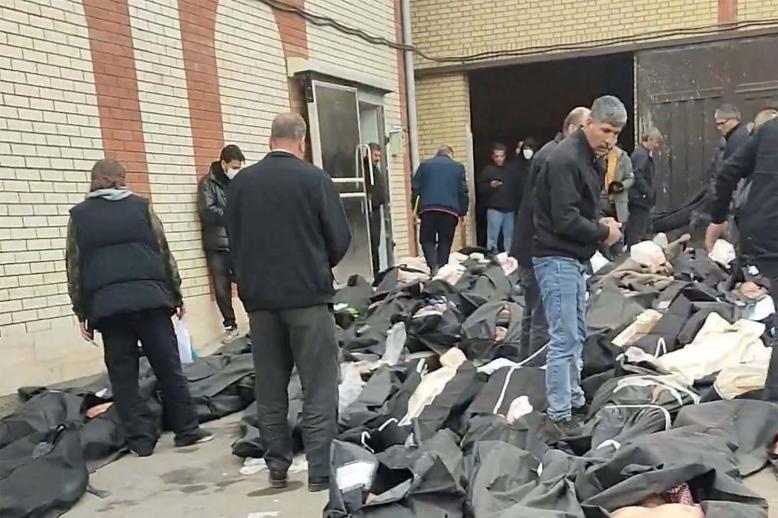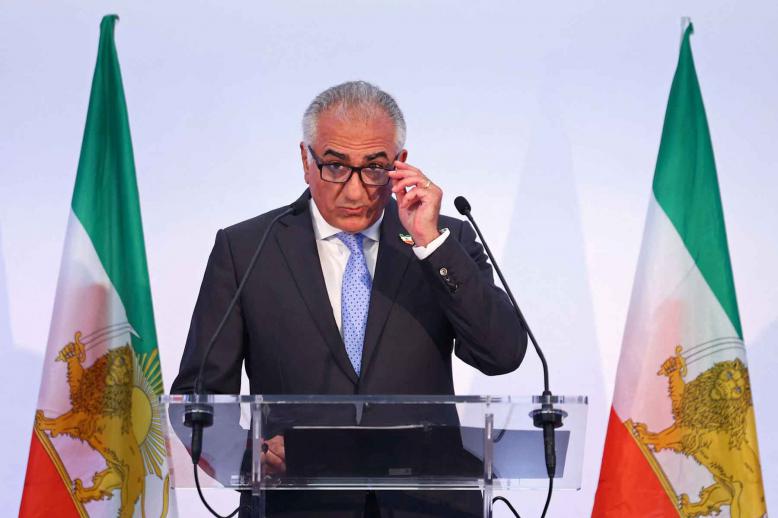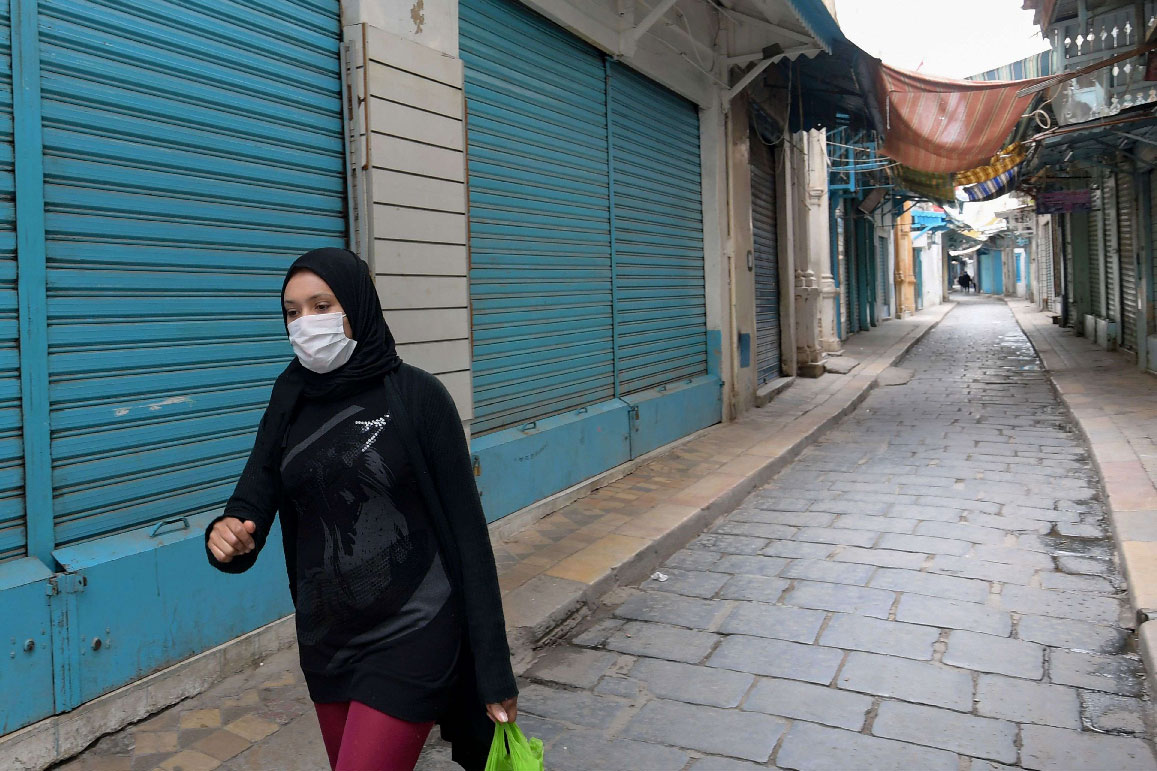Coronavirus curfew enforced in several MENA countries
RIYADH - States across the Middle East and North Africa region began imposing strict curfews this week in a bid to arrest the spread of the novel coronavirus.
Streets in Riyadh were deserted Monday as Saudi Arabia implemented a nationwide dusk-to-dawn curfew to limit the spread of the new coronavirus, the latest in a series of restrictions as infections soar.
Police cars warned people over loudspeakers to stay off the streets after the 11-hour curfew went into effect at 7 pm (1600 GMT) following a royal order from King Salman.
The curfew, which state media said will be imposed for 21 days, comes as Saudi Arabia declared 562 coronavirus infections - the highest in the Gulf. On Tuesday, the government announced the first death from the virus in Saudi Arabia was a 51-year-old Afghani resident.
The man's health deteriorated quickly after reporting to a hospital emergency room in the city of Medina and he died on Monday night, Health Ministry spokesman Mohammed Abdelali told a televised news conference on Tuesday.
The Saudi interior ministry has warned that transgressors will be fined 10,000 Saudi riyals ($2,663) and could face jail for repeated breaches of the curfew.
Health sector employees as well as security and military officials will be exempt from the curfew restrictions, according to the royal order.
The Saudi royal guard, an elite internal security force, said it was working with other security agencies to implement the curfew as it released images on Twitter of a convoy of military trucks driving through the streets at dusk. Bathed in amber light, Riyadh's main thoroughfares and public highways - typically packed with cars - were largely empty, though Saudis posted on social media videos of some young men who tried to breach the curfew.
Arrests in Jordan
More than 1,600 people have been arrested in Jordan in three days for violating a curfew aimed at stemming the spread of coronavirus, a security official said Tuesday.
The source said the 1,657 people arrested across Jordan since the curfew came into effect on Saturday had been placed in quarantine centres run by the army. The government has warned that people caught breaking the rules would be quarantined for 14 days and could also face up to one year of jail time.
The kingdom has reported 127 cases of the COVID-19 virus so far, but no officially declared deaths in the country of around 10 million people.
Jordan announced a nationwide curfew on Saturday under draconian emergency laws that give authorities sweeping powers that restrict civil and political rights. Amman said it was forced to impose the curfew after citizens failed to heed instructions not to leave home except for emergencies, and it has deployed the army to enforce the measure.
Thousands of troops have been deployed at checkpoints in main cities to ensure the curfew was heeded.
In the capital Amman on Tuesday, a fleet of 190 buses chartered by the municipality started to deliver bread directly to homes, while pharmacies and water distributors have been authorised to make home delivery sales.
Minister of State for Media Amjad Adailah said the government had made arrangements with municipal councils to deliver enough bread, water, gas cylinders and basic medicines across the country for the rest of the week.
The authorities worry lifting the curfew for a few hours for people would create panic buying and hoarding of supplies that would risk the accelerating spread of the virus.
"We have to prepare ourselves for a difficult period," Adailah told state media.
Humanitarian groups say many of Jordan's poor, who make up the majority of the population, are already suffering from scarce food supplies and would be further hurt by an extended curfew. The government has said it will help low income wage earners by delivering subsidized bread and food items that have a cap on their retail prices.
Jordan has also banned travel between provinces, sealed off Amman and suspended public transport and flights.
Egyptian lockdown
Egypt will impose a two-week, nightly curfew in the Arab world's most populous country in an effort to stop the spread of the new coronavirus, its prime minister announced Tuesday.
A curfew from 7 p.m. to 6 a.m. will start on Wednesday. Most public service providers will shut their doors during the curfew period and those who violate the curfew will be subject to measures under Egypt's emergency laws, Prime Minster Moustafa Madbouly said.
Egypt has 366 confirmed cases and 21 fatalities, including two senior military officers.
Madbouly also announced the continued closure of airports, schools and universities until April 12. He said shops and malls will be closed Fridays and Saturdays, the weekend in Egypt, and will be open from 7 a.m. till 5 p.m. the rest of the week. Groceries, bakeries and pharmacies would be excluded from the closure order.
“We aim to protect our families and citizens across Egypt,” Madbouly said. “There are more restrictive measures that we will take according to the developments,” he added.
The Egyptian government has banned large gatherings, closed all its museums and archaeological sites including the famed Giza Pyramids, and locked down the ancient city of Luxor along with the resorts of Hurghada and Sharm el-Sheikh. Religious authorities also ordered a two-week closure of churches and mosques.
Nevertheless, in Egypt’s Mediterranean city of Alexandria, dozens of people early Tuesday prayed to God for help against the virus. Online video showed people praying from their windows and balconies. Others showed some three dozen people marching in a side street and chanting: “There is no God but Allah, and Muhammad is his Messenger,” drawing criticism from people who said the demonstrators should have stayed at home.
Tunisia
Tunisian police arrested more than 400 people for breaking a night-time curfew imposed to fight the spread of coronavirus, the authorities said Monday.
Around 30 of the 408 transgressors who were arrested remained in custody, while the others were released after a warning, Interior Minister Hichem Mechichi told reporters.
"Anyone who breaks the security rules will be treated as a criminal because failing to respect rules within the context of the pandemic is a crime," he said.
A total of 412 cafes, bars and restaurants were forced by the security forces to close.
Alongside a 6.00 pm to 6.00 am curfew that entered into force on March 18, daytime restrictions took effect on Sunday, limiting movements to those of "extreme necessity", including for work in key sectors.
Tunisia's presidency has announced increased military deployments to enforce the restrictions.
The country has so far registered three deaths from the coronavirus among 90 confirmed cases, the health ministry said Monday.
Algerian 'curfew'
Meanwhile, Algeria's President Abdelmadjid Tebboune on Monday night ordered people to confine themselves to their homes between 7.00 pm and 7.00 am in the capital Algiers and other cities hit by coronavirus.
The government also announced a full lockdown in the town of Blida, centre of the worst outbreak in the country, with both measures starting on Tuesday and lasting for 10 days.
The measures, to be enforced by the army, were announced in a statement by the presidency on Monday and residents of Blida will be able to receive food and other staples by delivery, it said.
It said checkpoints would be placed at all entry points of the larger Blida province (called a wilaya in Algeria) and no one would be allowed to leave or enter Blida.
In the capital Algiers, stores would be allowed to remain open in rotation, though the government advised that staff should implement measures to avoid crowding. Gatherings of more than two people were also banned.
The statement avoided using the word "curfew", a particularly sensitive term in the country due to the imposition of curfews by French authorities during Algeria's war of independence and decolonization against France.
Official figures put Algeria's coronavirus death toll at 17, among 230 confirmed cases. The government has already closed the country's land borders and imposed restrictions on flights in and out of the country. A ban on all marches and rallies, and the closure of mosques nationwide, was also announced by the government on March 17.
Algeria has in the past year faced a widespread protest movement that sought an overhaul of the country's political system, with thousands of people taking to the streets. But protest organisers have risen to the challenge of the pandemic, saying their movement would be a “front of solidarity” in the battle against the virus and holding off on demonstrations in the meantime.
As the increased lockdown measures took effect on Tuesday, more than 1,000 Algerian passengers remained stranded at Istanbul airport, as Ankara urged Algiers to allow flights to return the individuals who found themselves stuck after the introduction of travel restrictions.
"We, as IGA, Turkish Red Crescent, Turkish Airlines and Havas have been trying to satisfy the humanitarian needs and requirements of over 1,000 Algerian visitors for several days now," the operator said in a statement on Twitter, adding that Algiers would not let the passengers back into the country.
Sudan
Sudan became the latest to join other MENA states in imposing curfews on Tuesday, imposing a nationwide curfew starting at 8 p.m. and lasting until 6 a.m. to help curb the spread of the coronavirus, a member of the ruling transitional council said on Monday.
Sudan will also halt all long-haul bus trips between cities and states beginning on Thursday from 6 p.m. local time, the council member, Sadig Tawir, said on state television.
"All the state's capabilities will be at the disposal of the committee to fight coronavirus," Abdel Fattah al-Burhan, the head of Sudan's sovereign council, told a press conference, referring to a task force of cabinet members and sovereign council members dedicated to fighting coronavirus.
Sudan confirmed its second case of the coronavirus last Friday. It has so far confirmed one death from the disease.
The country closed all airports, ports and land crossings and declared a public health emergency last week.
Only humanitarian, commercial and technical support shipments would be excluded from the restrictions, according to a spokesman for the ruling council, in charge of the country since the ouster of veteran ruler Omar al-Bashir.


